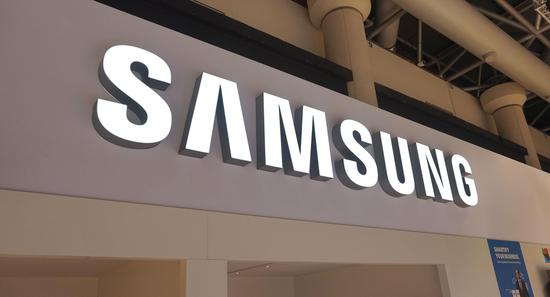
Samsung once announced in 2019 that it will invest 133 trillion won by 2030 to realize the vision of the world's largest logic chip manufacturer. However, the global chip shortage continues. Samsung’s competitors have announced investment expansion plans. Intel announced that it will invest 20 billion US dollars to improve chip manufacturing capabilities and announced its return to the chip foundry market; TSMC plans to invest 100 billion US dollars to expand production capacity during the following three years. On the other hand, the South Korean government is seeking to provide tax incentives and subsidies for chip manufacturing. According to Yonhap News Agency, Samsung Electronics recently announced a new investment plan. By 2030, it will increase investment of 38 trillion won in the field of logic chips and foundry, and the total investment will reach 171 trillion won (151 billion U.S. dollars). Expand its market presence outside of the storage business. Hynix has pledged to invest US$97 billion to expand the existing factory and plans to invest US$107 billion to build four new factories in Yongin City.
Both Samsung and Hynix have shown their ambitions to enter the field of logic chips. Although the two companies produce most of the world's memory chips, South Korea lags behind in the field of logic chips. Logic chips mainly provide complex calculations for tasks such as artificial intelligence and data processing.
Samsung has two logic chip businesses: Samsung Foundry, which designs logic chips, and Foundry’s System LSI, which designs other brands. The expansion of the company's foundry business will help emerging industries based on next-generation technologies such as AI, 5G and autonomous driving.
With the adjustment of the investment plan, Samsung Electronics’ new fab in Pyeongtaek will be completed in the second half of 2022. The P3 production line of Pyeongtaek will use EUV lithography to produce seventh-generation 14-nanometer DRAM chips and 5-nanometer logic semiconductors.

